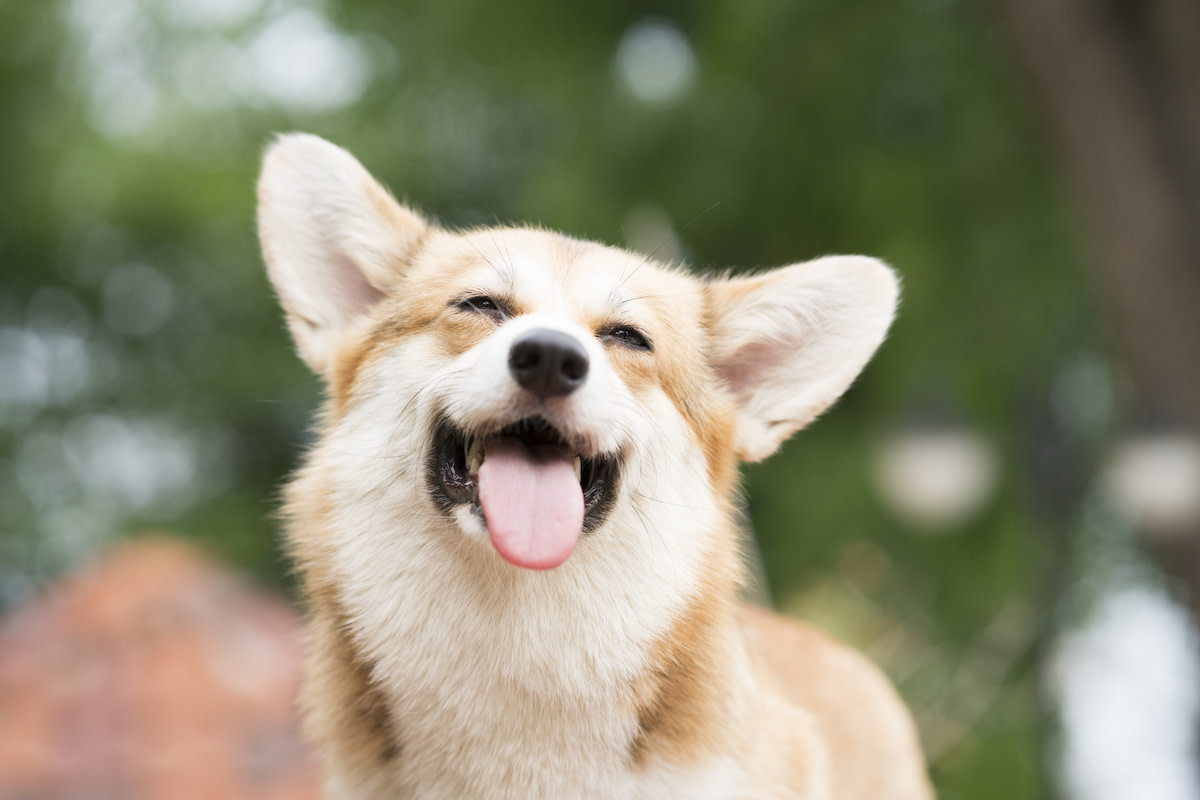Can Dogs Eat Cashews? Tips for Feeding Cashews to Dogs
Written by MasterClass
Last updated: Mar 23, 2022 • 3 min read
Cashews can provide your dog with certain vital nutrients, but there are a few precautions to take before feeding your dog cashews. Learn how to safely add cashews to your dog's diet.
Learn From the Best
Are Cashews Safe for Dogs?
In small quantities, cashews are safe for dogs. Cashews are a type of tropical nut filled with nutrients, and they can be a healthy snack for your furry friend in moderation. (Though cashews are safe for dogs in small doses, this isn’t too true for all nuts; macadamia nuts and black walnuts are toxic for dogs.)
3 Health Benefits of Cashews for Dogs
Cashew nuts contain relatively low levels of fiber but are packed full of nutrients. Here are some of the benefits of cashews as a treat for your canine companion:
- 1. Nutrients: Cashews are high in protein, and they contain vitamin K, which is essential for blood clotting and building healthy bones and may even reduce the risk of certain cancers. Cashews also contain the essential minerals calcium, copper, magnesium, iron, manganese, phosphorus, and zinc.
- 2. Antioxidants: Cashews contain generous amounts of antioxidants, which help many of the processes necessary for your dog’s health and long life, such as protecting against heart disease and some cancers.
- 3. Omega-6 and omega-3 fatty acids: These compounds help control inflammation and regulate the immune system. They will also help keep your dog’s coat lustrous and full.
5 Risks of Feeding Dogs Cashews
Although they are healthy in small amounts, too many cashews can pose a problem for your pooch.
- 1. Gastrointestinal distress: The relatively high amount of protein and fat in cashews means they can be an overly rich food for your dog. Cashews can cause an upset stomach, especially if your dog has too many in one sitting.
- 2. Obesity: Cashews are a high-calorie snack, and feeding too many to your dog can cause weight gain and obesity.
- 3. Pancreatitis: The pancreas helps convert fat into energy, and the high-fat content of cashews can put an undue burden on your dog’s pancreas. This can cause the pancreas to become inflamed, which is a potentially dangerous condition.
- 4. Allergic reaction: It’s possible that your furry friend is allergic to cashews, although this is rare. Keep an eye out for itching and hives, as you would the first time you feed an animal any human food.
- 5. Bladder stones: Cashews contain oxalates, which can cause bladder stones. This is another reason to keep your dog’s cashew intake moderate.
How to Feed Your Dog Cashews
When your dog eats cashews for the first time, it's good to watch and see how they respond and and check for allergic reactions. Below are some additional guidelines for feeding your dog these tasty nuts.
- 1. Check for mold. Cashews can be tainted with traces of mold, which can, in turn, contain aflatoxin, a harmful substance that can cause bowel issues in dogs.
- 2. Choose plain raw or roasted. When feeding your dog cashews, it's best to stick to packaged nuts from the grocery store that are either raw or roasted. Additionally, many nuts have salt or other flavorings, which are bad for dogs, so make sure the cashews are unsalted.
- 3. Check for shells. Make sure that the cashews don’t contain shells or shell fragments. In addition to being hard, indigestible, and a choking hazard, the shells contain anacardic acid, a toxin.
- 4. Feed your dog cashews in moderation. Dog owners should remember the ten percent rule, which states that ninety percent of a dog’s diet should come from their regular, vet-approved dog food. The other ten percent can be healthy treats, whether they are cashews or some other snack or dog treat.
Can You Feed Your Dog Cashew Milk and Cashew Butter?
Like the nuts themselves, cashew milk and cashew butter are safe for dogs in small quantities. Be sure to keep an eye out for other ingredients: xylitol, an added sweetener in many nut butters, is toxic to dogs, and added oils and extra sug can be unhealthy.
Before Sharing With Your Pooch
Certain human foods can cause adverse reactions in canines, so always consult your veterinarian to determine whether it is safe to add these foods to your pet’s diet. This article is for educational and informational purposes and is not a substitute for medical or dietary advice.
Want to Learn More About Training the Goodest Boy or Girl?
Your dream of having a dog who understands words like “sit,” “stay,” “down,” and—crucially— “no” is just a MasterClass Annual Membership away. The only things you’ll need to train up a well-behaved pup are your laptop, a big bag of treats, and our exclusive instructional videos from superstar animal trainer Brandon McMillan.
